
Falls are something many people fear as they get older. It is true that falls can be potentially very dangerous. Is that correct? This is the number one cause of injury in the elderly; which is why fall prevention in elderly people is so important to consider. So, continue reading this article!
Falling can happen at any time and under various circumstances; it occurs most commonly when walking or climbing stairs.
As we age, it becomes increasingly important to learn more about fall prevention in the elderly. Seniors are the group most likely to have a fall related injury; about half of those injuries result in a hospital stay. We do not want that.
We all know that we can fall, and this happens for a number of reasons. There are many things you can do at home to prevent falls. Read this article to the end for easy-to-follow tips to prevent falls.
Risk Factors for Falls in the Elderly
Aging is a major risk factor for falls due to deterioration of sensory function, muscle strength and flexibility with aging. Other factors include poor vision, taking too many medications, and chronic conditions such as arthritis. As well as problems with mobility, body mechanics, or equilibrium.
Some seniors who have a history of falls may be hesitant to seek help, even if they are having difficulties. This is a problem since people with a past history of falls are at greater risk for future falls; this is due to fear of falling, which can lead people to limit their activities or rely on others for assistance.
Other risk factors include: – Medication side effects such as dizziness and drowsiness (more than 4 prescription medications) – Heart disease and high blood pressure – Urinary or bowel incontinence – Use of glasses with the wrong prescription – Loss of cognitive function due to Alzheimer’s disease or other types of dementia.
Tips for Preventing Falls and Fractures in Older People
Although many older people are at risk of falls, there are simple steps you can take to reduce your risk of falls. Here are 10 fall prevention tips for seniors that every senior should know.
Move!
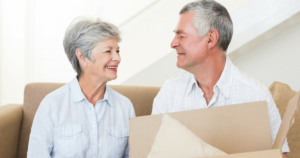
Staying active through exercise is one of the best ways to prevent falls. Whether it be everyday activities like cooking or walking, or strenuous activities like jogging or dancing. Stay active and it will make a difference.
Proper Nutrition

A balanced diet maintains a healthy weight and provides the body with essential nutrients.
Prevention of Dehydration
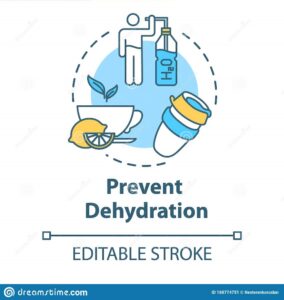
As with proper nutrition, drinking enough water can help older people strengthen bones and relax muscles.
Keeping Your Bones Strong
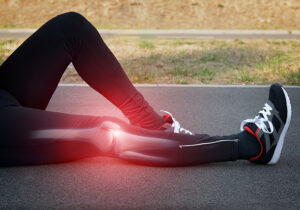
Calcium and vitamin D supplements are an easy way to keep your bones healthy.
Proper handling of medications

It is important for older adults to take medications as prescribed and tell their doctor about other supplements they may be taking. Often they can have negative interactions with prescription medications.
Getting up slowly
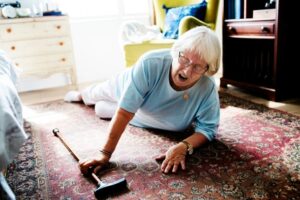
Getting up or getting out of a seat can be a common cause of fall injuries. Older people should get up slowly, as rushing can quickly cause them to lose their balance.
Routine Eye and Hearing Tests
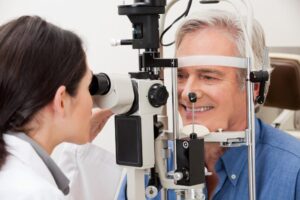
Older people are at the highest risk of falls because they are more prone to diseases that cause blindness or visual impairment, such as glaucoma and macular degeneration. Older adults need regular eye exams and wear prescription eyeglasses if necessary.Prevention is also important as we tend to lose hearing and sight as we age.
Proper footwear (non-slip shoes)
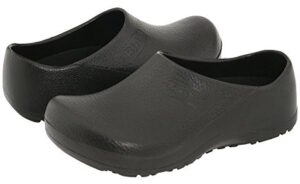
Proper footwear, such as a ballerina with rubber soles, will help prevent falls. Make sure older people’s shoes fit well, are comfortable and can help them maintain good footing.
Ensuring Good Lighting in Your Living Room

Poor lighting can cause you to trip or fall. At night, you can walk around the house with a flashlight, looking for potentially dangerous dark areas for older people to pass.Bathrooms are also prone to tipping, so it’s a good idea to install a night light in the bedroom and a brighter one.
Using Assistive Devices

Assistive devices are available to help older adults move around without risk of injury if they have difficulty moving around on their own. Toilet and bathtub handles and high toilet seats can keep older people stable when standing or sitting. Seniors should also consider using a cane, walker, or wheelchair as a safety measure.
What to do if a senior falls
No matter how much advice you give to prevent falls in old age, there is always the possibility of falling. When this happens, you need to do the following:
Help me to get up slowly.
When you feel pain, you have to resist the urge to get up quickly and put too much stress on your body. Instead, help them slowly lower themselves into a sitting position and then slowly get back up again.
Give Rest
Old people should not try to go through the day as usual, even if they feel better when they fall. A good option is to relax a bit and allow your body to recover.
Consult your doctor.
If an older person falls and the injury is considered serious (eg, unable to get up from the ground or feels numbness in any part of the body), it is important to see a doctor. Immediately.
Also, if you fall and break a bone, bleed or injure your head, seek medical attention immediately.
Do not try to move the injured limb.
If an older person has fallen and has broken a bone or torn a ligament, do not attempt to move the injured arm/leg/shoulder. Movement in this area may cause additional injury and should only be performed by a healthcare professional.
